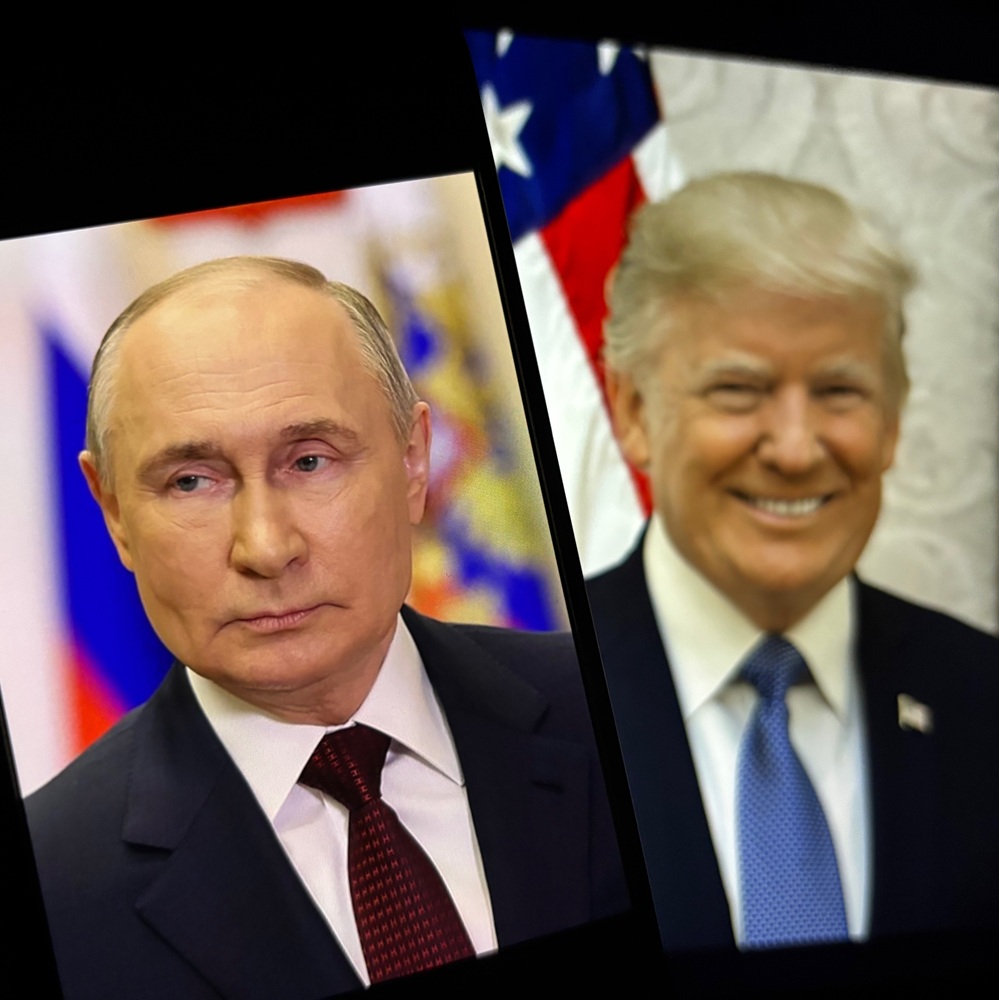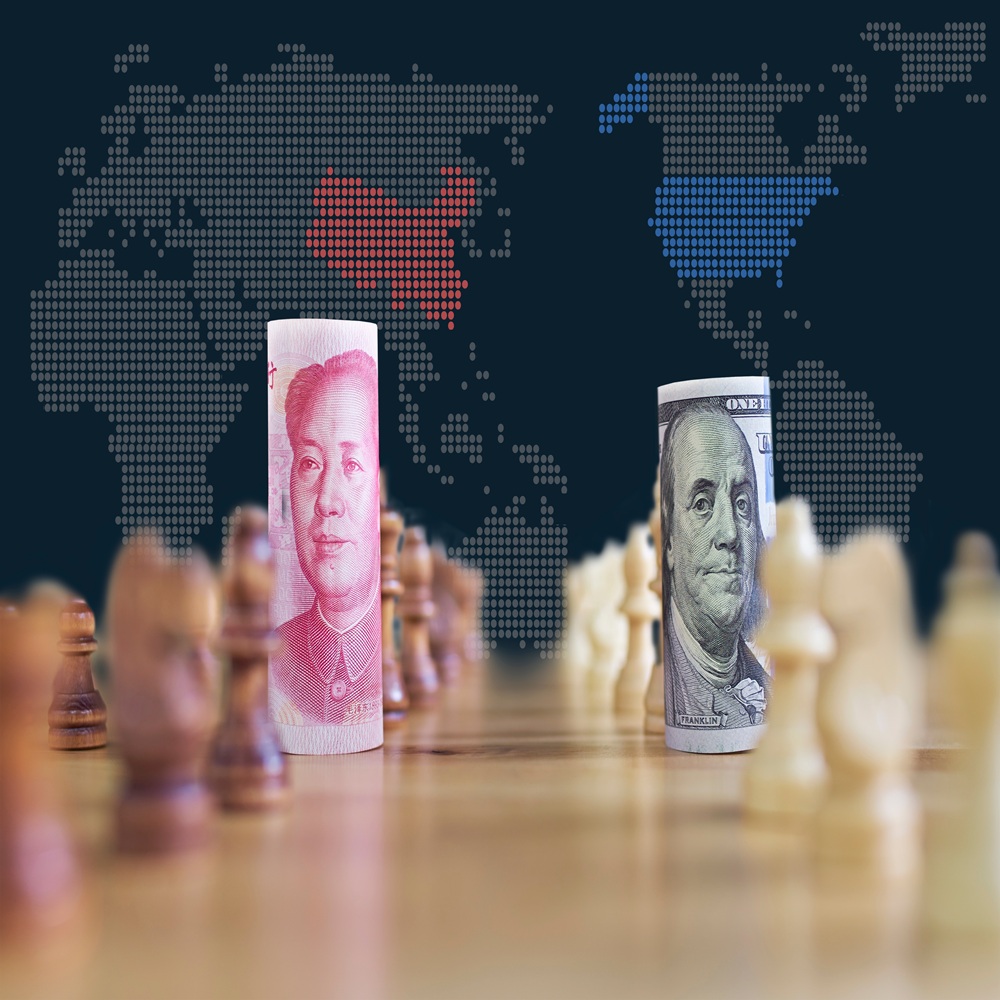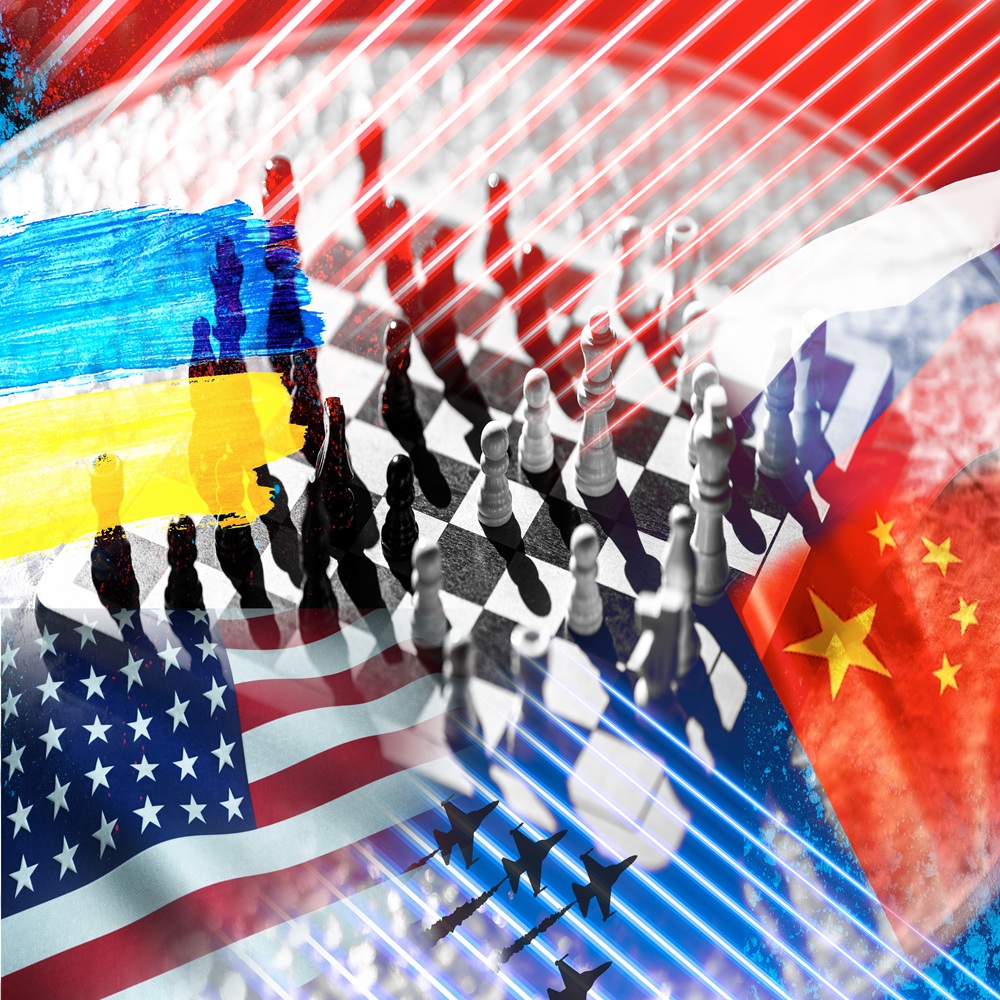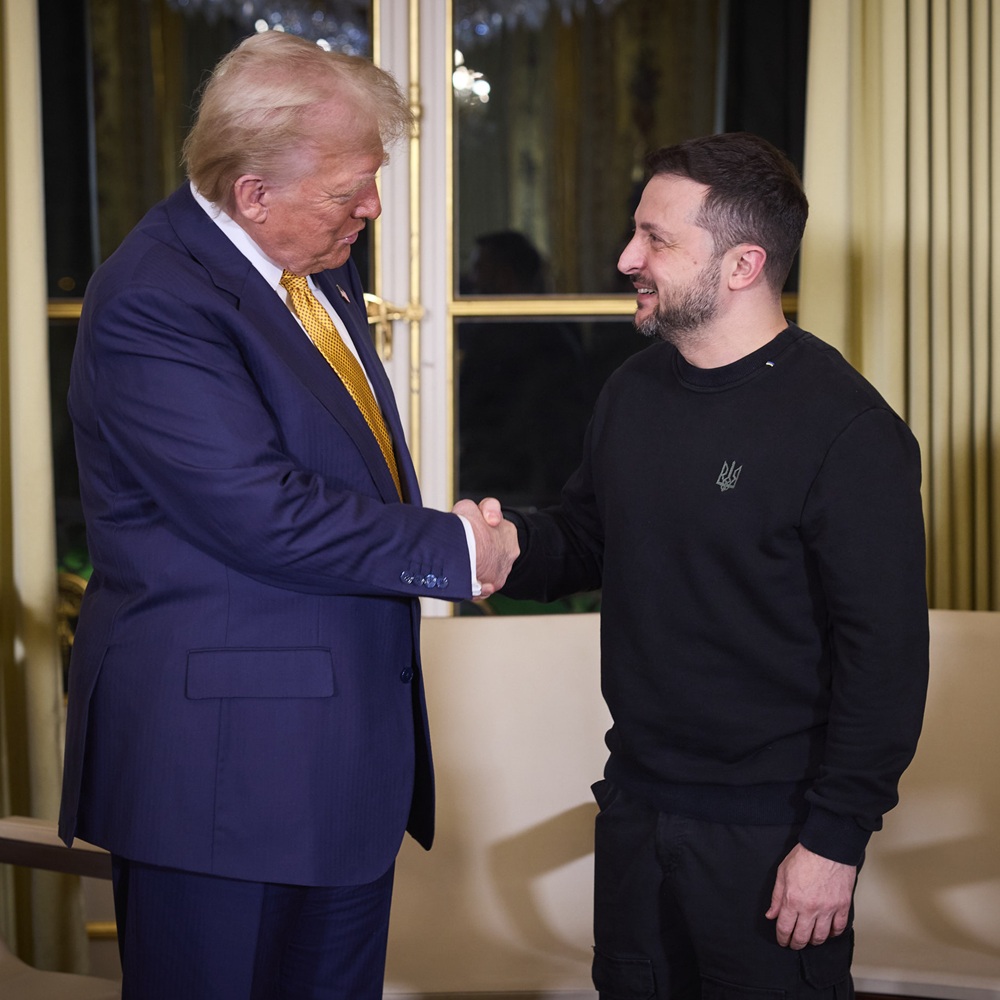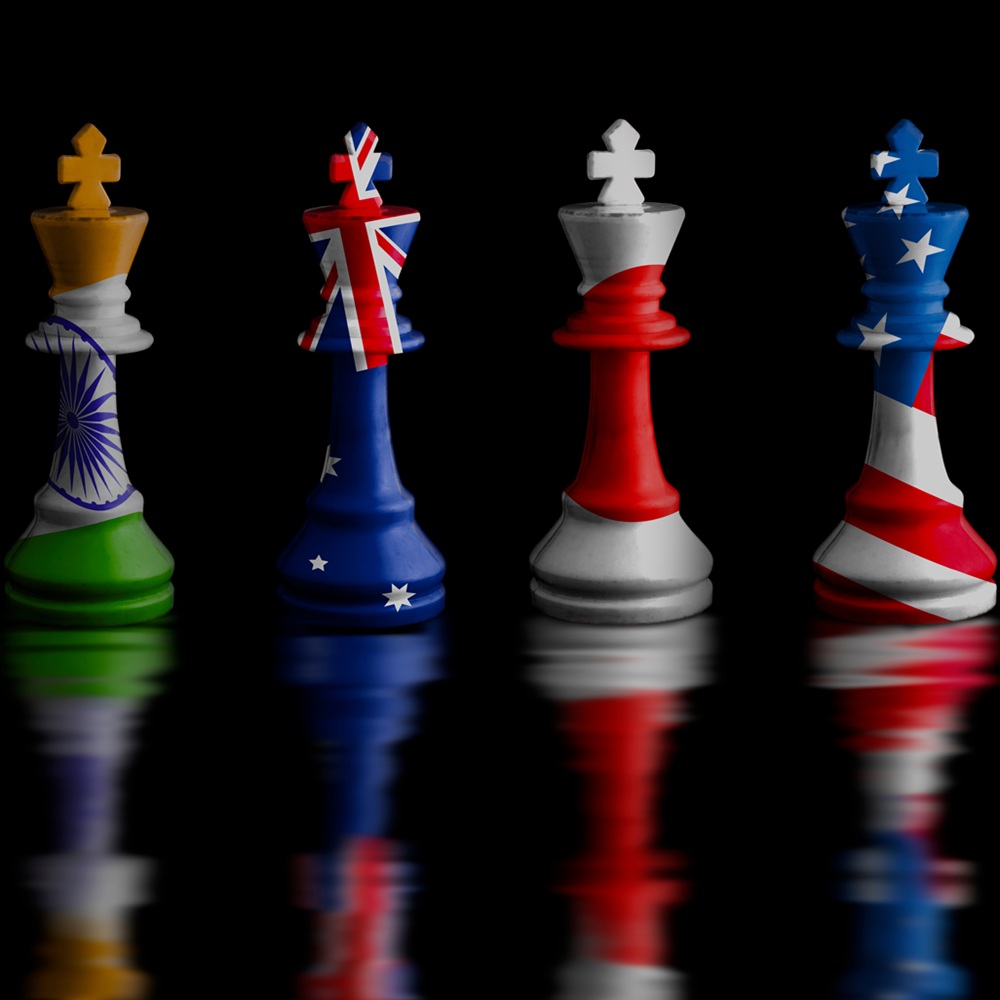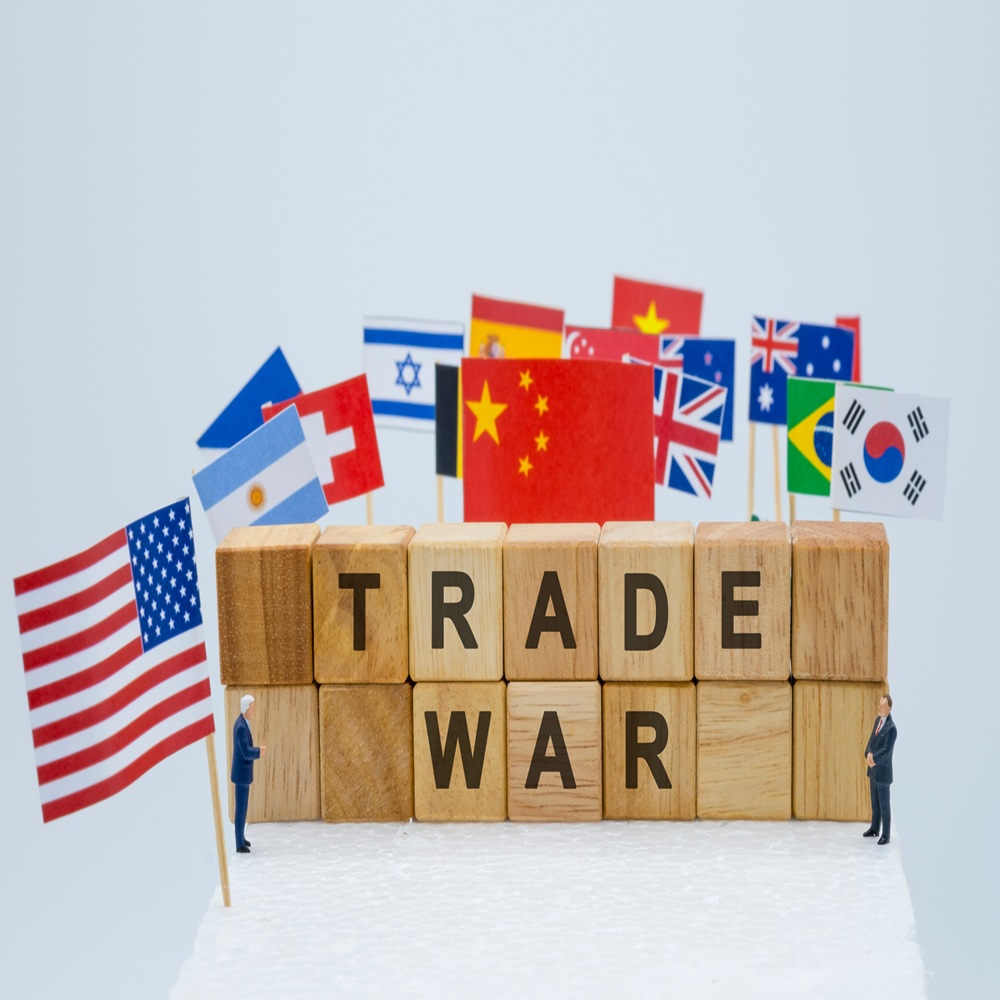Will QUAD change the security architecture in the Indo-Pacific?
by Jan Senkyr
한국어로 읽기
Leer en español
In Deutsch lesen
Gap
اقرأ بالعربية
Lire en français
Читать на русском
Security dialog among like-minded countries in the Indo-Pacific The Quadrilateral Security Dialogue (QUAD) was founded in 2007 by the USA, Japan, Australia, and India to promote a rules-based order in the Indo-Pacific, secure freedom of navigation and balance the growing influence of China. After a temporary dissolution, QUAD was revived in 2017. Since then, there have been regular meetings of heads of state and government and foreign ministers, which have led to concrete working groups in areas such as maritime security, modern technologies, infrastructure, climate change, health, space, and cyber security. QUAD has made considerable progress, including the provision of COVID-19 vaccines, decarbonization initiatives, the promotion of renewable energy and programs to improve maritime surveillance and digital infrastructure. QUAD is not a formal alliance, but an informal forum without a mutual defense commitment. Germany and the EU should strengthen bilateral partnerships with the QUAD states to promote common goals such as maritime security, infrastructure development and climate protection and offer a sustainable alternative to the Chinese Belt and Road Initiative. Will QUAD change the security architecture in the Indo-Pacific? Founded in 2007 as an informal alliance by the USA, Japan, Australia and India, the Quadrilateral Security Dialogue (QUAD) has proven its worth as a platform for regional security cooperation in the Indo-Pacific, despite difficulties and interim dissolution. The original motivation for QUAD was the increasing concern about China's growing influence in the Indo-Pacific and the challenges to the rules-based order in the region. In recent years, cooperation in the QUAD has deepened and includes issues such as maritime security, maintaining free shipping lanes, the fight against terrorism and the promotion of sustainable economic development. Securing a free and open Indo-Pacific - in which all countries can act sovereignly and free from coercion - is a central concern of QUAD. The beginnings of cooperation between the four countries can be traced back to 20041. In response to the devastating Boxing Day tsunami in 2004, which killed over 230,000 people2, the USA, Australia, India, and Japan spontaneously formed an ad hoc grouping to pool and coordinate their resources and capacities for emergency relief in the disaster areas. The grouping disbanded after the end of the reconstruction aid in January 2005, but the positive outcome of the cooperation proved to be viable for the future and opened the way for further initiatives towards closer cooperation between the four Indo-Pacific states.3 First foundation and dissolution of QUAD It was the then Japanese Prime Minister Shinzo Abe who, as part of his new foreign and defense policy, called for a value-based dialogue between Japan, India, Australia, the USA, and other like-minded countries on common interests in the Indo-Pacific at the end of 2006. On May 25, 2007, representatives of the four countries met officially for the first time at an informal Quadrilateral Security Dialogue (QUAD) on the sidelines of the ASEAN summit in Manila.4 In September 2007, the maritime military exercise "Malabar" in the Indian Ocean, which had previously only been held bilaterally between the USA and India, was expanded to include participants from Japan, Australia and Singapore. This led to strong reactions from China, which sent official protest notes to the governments of the participating countries. Beijing portrayed QUAD as an anti-China initiative, while critics described the grouping as the nucleus of a future "Asian NATO "5. China's harsh criticism of the QUAD initiative and political changes in some of the four participating countries led to the Quadrilateral Security Dialogue being dissolved after a brief time. Australia, where there was a change of government in December 2007, wanted to avoid a confrontation with its most important trading partner China and therefore announced its withdrawal from QUAD in February 2008. In Japan, the most important promoter of QUAD, Shinzo Abe, was forced to resign as Prime Minister at the end of 2007 after losing the elections. There was also increasing criticism of the purpose of QUAD in India and the USA, so that in 2008 the four countries ceased their activities in the direction of quadrilateral security cooperation.6 However, taking China into consideration did not lead to the hoped-for easing of tensions. On the contrary: China's massive military build-up, its territorial claims in the South China Sea and East China Sea, its threatening gestures towards Taiwan and the use of economic pressure to achieve foreign policy goals7 have further increased geopolitical tensions in the region. In the meantime, contacts and cooperation between the four QUAD states have continued and intensified at bilateral and minilateral level. In 2011, the first meeting at the level of state secretaries took place between the governments of Japan, India, and the USA. A similar trilateral cooperation meeting was established in 2015 between Japan, India, and Australia. India and the United States signed a Communications Compatibility and Security Agreement (COMCASA) in 2015 and a Logistics Exchange Memorandum of Agreement (LEMOA) in 2016.8 These agreements are a prerequisite for the interoperability of the armed forces of both countries. Since October 2015, Japan has been a regular participant in the annual naval exercise "Malabar" alongside India and the USA. And in 2017, Indian armed forces took part in the Australian naval exercise AUSINDEX for the first time, and two years later also in the air force exercise Pitch Black. Australia has been involved in the Malabar exercises again since 2020.9 Revival of the QUAD Shinzo Abe, who returned to the office of Japanese Prime Minister in 2012, put the concept of a quadrilateral security alliance (Democratic Security Diamond) in the Indo-Pacific back on the political agenda. He succeeded in convincing the new US President Donald Trump of the idea, leading to the first meeting of high-ranking representatives from the USA, Japan, India, and Australia on the sidelines of the ASEAN summit in Manila in the Philippines in November 2017. The QUAD was revived.10 In June 2018, representatives of the four countries met on the sidelines of an ASEAN meeting in Singapore and again in November of the same year at the East Asia Summit, also in Singapore. On May 31, 2018, the first official meeting of the foreign ministers of the four QUAD states finally took place on the sidelines of the UN General Assembly in New York. Since then, the four foreign ministers have met once a year to discuss regional strategic challenges and priorities.11 The Biden administration has upgraded the Quadrilateral Dialogue to an important instrument for the implementation of its Indo-Pacific policy. On March 12, 2021, the first summit of QUAD heads of state and government took place, still in virtual form due to the Covid-19 pandemic. As a result of the summit, a joint final declaration, The Spirit of the QUAD,12 was published, which lists the key objectives and principles of the quadripartite dialog. On September 24, 2021, the QUAD heads of government met in person for the first time in Washington. Six permanent working groups were formed to deal with the policy areas of health, climate change and clean energy, critical and modern technologies, infrastructure, space, and cybersecurity.13 On March 4, 2022, the four heads of government of the QUAD states convened for a virtual summit to discuss the impact of Russia's war of aggression on Ukraine and to reaffirm the commitment of the four dialog partners to the Indo-Pacific region. The fourth QUAD Leaders’ Summit took place in Tokyo on May 24, 2022. The follow-up meeting planned for May 2023 in Sydney was canceled as US President Biden had to remain in Washington due to the domestic budget crisis. Instead, the heads of state and government met on May 20, 2023, on the sidelines of the G7 summit in Hiroshima. Prior to this, the foreign ministers of the QUAD met in India in March, where it was decided to establish a working group on combating terrorism.14 In 2024, there was one meeting at foreign minister level (July 29 in Tokyo, Japan) and one summit meeting of QUAD leaders (September 21, 2024, in Wilmington, USA). On September 20, 2024, one day before the summit in Wilmington, a bipartisan group of representatives and senators, the QUAD Caucus, was formed in the US Congress to promote cooperation between the USA and the other QUAD members (Japan, India, and Australia). In doing so, Congress is underlining the bipartisan recognition of the strategic importance of the Indo-Pacific for the USA and strengthening the institutional anchoring of the QUAD partnership in the US political system.15 What concrete results has QUAD achieved since its revival in 2017? The six QUAD working groups established in 2021 cover the most important policy areas of quadrilateral cooperation: 1. Health Security Following the outbreak of the COVID-19 pandemic, the QUAD Group committed to producing one billion vaccine doses by the end of 2022 and making them available to countries in the Indo-Pacific. The USA, Japan and Australia supported the expansion of production capacities for coronavirus vaccines in India. Together, the four QUAD members donated over 400 million vaccine doses to Indo-Pacific countries in 2021 and 2022 and almost 800 million worldwide. In addition, the group of four supported the COVAX initiative with 5.6 billion US dollars. In September 2024, the "QUAD Cancer Moonshot" initiative was announced, which aims to reduce the number of cancer deaths in the Indo-Pacific, particularly through measures to prevent and treat uterine cancer16. 2. Climate Change The countries of the Indo-Pacific are particularly affected by climate change. The QUAD agenda aims to accelerate decarbonization, promote renewable energy and protect the maritime environment in the Indo-Pacific. This includes the expansion of clean hydrogen technologies, climate information services and early warning systems as well as the diversification of supply chains. 3 Critical and Emerging Technologies The QUAD countries are committed to the responsible and safe use of technologies such as artificial intelligence, quantum computing and 5G. Specifically, for example, the establishment of an Open Radio Access Network (RAN) in Palau, Micronesia, is being promoted, which will later be extended to other Pacific island states. 4. Space All four QUAD nations have their own space programs, which are linked by a large number of bilateral and minilateral cooperation projects. The Indo-Pacific Partnership for Maritime Domain Awareness (IPMDA) initiative, launched in 2022, aims to strengthen maritime security and transparency in the Indo-Pacific. It will provide countries in the region with real-time maritime surveillance information, primarily data from satellites, sensors, and other surveillance technologies. This will enable small and medium-sized coastal states in the Indo-Pacific to gain a better overview of maritime activities in their exclusive economic zones, such as illegal fishing, smuggling and piracy. 5. Cyber Security In 2022, the QUAD Cybersecurity Partnership was established to combat threats from cybercrime and state-sponsored attacks. The partnership is divided into four sectors, with each member of QUAD taking the lead in one sector to address cyber vulnerabilities. The sectors include critical infrastructure protection, supply chain resilience, skills training, and software security standards.17 6. Infrastructure QUAD countries are promoting the development of sustainable port infrastructure and announcing major investments in submarine cable projects to improve digital connectivity in the Indo-Pacific. In 2022, the goal was set to invest up to USD 50 billion in infrastructure projects in the region within five years. Launched in 2023, the QUAD Infrastructure Fellowship will provide over 1,800 fellowships, exchanges and other program opportunities for government officials and infrastructure professionals in the region to share best practices in infrastructure management. Outside of these six main themes, the QUAD group also collaborates in other areas: The QUAD Fellowship Program provides scholarships for master's and doctoral students in the fields of mathematics, computer science, natural sciences and technology (STEM) in the US, and since 2024, applicants from the ten ASEAN countries have also been admitted18. The Counterterrorism Working Group was founded in 2023. Other areas of cooperation mentioned in the QUAD plans are sustainable, transparent, and fair lending and financing practices, nuclear stability, and critical minerals. Conclusion The Quadrilateral Security Dialogue QUAD has proven to be a stable and effective security policy dialog platform in recent years. QUAD has the potential to transform the security architecture in the Indo-Pacific by creating a strategic balance in the face of challenges such as China's rising power and territorial expansion. The QUAD promotes cooperation between the US, India, Japan, and Australia, the four most influential democracies in the region. Cooperation is based on shared values such as freedom of navigation, territorial integrity, and adherence to international rules. QUAD is not a formal security alliance, there is no mutual defense commitment. It is a flexible, informal coalition forum that focuses on a wide range of issues, including broader security, the economy, infrastructure, technology, and climate change. QUAD has no institutional structures. There are annual summits of heads of state and government and foreign ministers, and the decisions of the summits are implemented by the state apparatuses of the member countries. The naval exercise "Malabar" is not an official part of QUAD but serves as a platform to strengthen military interoperability and is seen as an operational extension of QUAD's security objectives, particularly in the maritime domain. India plays a special role in the Quadrilateral Security Dialogue. It contributes not only its geographical and geopolitical importance in the Indo-Pacific, but also a perspective characterized by strategic autonomy and multipolar diplomacy. India is regarded as an important representative of the so-called Global South and is seen as a counterweight to China in this group of states.19 On the other hand, India avoids presenting QUAD as an explicitly anti-Chinese alliance in order to avoid putting too much strain on its own sensitive relationship with China. The EU and Germany should adopt a strategically balanced position towards QUAD that considers both the geopolitical realities in the Indo-Pacific and their own economic and security interests. The EU and Germany share with the QUAD states the goal of preserving a rules-based order, particularly regarding international maritime law (UNCLOS). To exert greater influence on the region, Germany and the EU should strengthen bilateral partnerships with the QUAD states to promote common interests such as infrastructure development, new and critical technologies, climate protection and maritime security. Joint infrastructure development projects in the Indo-Pacific could offer a sustainable alternative to the Chinese Belt and Road Initiative (BRI). Information This publication of the Konrad-Adenauer-Stiftung e. V. is for information purposes only. It may not be used by political parties or by campaigners or campaign helpers for the purpose of election advertising. This applies to federal, state, and local elections as well as elections to the European Parliament. The text of this work is licensed under the terms of "Creative Commons Attribution-ShareAlike 4.0 international", CC BY-SA 4.0 (available at: https://creativecommons.org/licenses/by-sa/4.0/legalcode.de) References 1 Madan, Tanvi, „The Rise, the Fall and the Rebirth of QUAD”, War on the Rocks, 16. November 2017, https://warontherocks.com/2017/11/rise-fall-rebirth-quad/2 Earthquake in the Indian Ocean 2004, https://de.wikipedia.org/wiki/Erdbeben_im_Indischen_Ozean_2004 3 Madan, Tanvi, „The Rise, the Fall and the Rebirth of QUAD”, War on the Rocks, 16. November 2017, https://warontherocks.com/2017/11/rise-fall-rebirth-quad/ 4 Buchan, Patrick Gerard, and Rimland, Benjamin, „Defining the Diamond: The Past, Present, and Future of the Quadrilateral Dialogue”, CSIS Briefs, 16. March 2020, https://www.csis.org/analysis/defining-diamond-past-presentand-future-quadrilateral-security-dialogue5 Madan, Tanvi, „The Rise, the Fall and the Rebirth of QUAD”, War on the Rocks, 16. November 2017, https://warontherocks.com/2017/11/rise-fall-rebirth-quad/ 6 Buchan, Patrick Gerard, and Rimland, Benjamin, „Defining the Diamond: The Past, Present, and Future of the Quadrilateral Dialogue”, CSIS Briefs, 16. March 2020, https://www.csis.org/analysis/defining-diamond-past-presentand-future-quadrilateral-security-dialogue 7 Feigenbaum, Eva A., „Is Coercion the New Normal in China’s Economic Statecraft?”, MarcoPolo, Paulson Institute, 25. Juli 2017, https://macropolo.org/analysis/is-coercion-the-new-normal-in-chinas-economic-statecraft/?rp=m 8 Panda, Jagannath, „India and the ‘Quad Plus’ Dialogue”, 12. June 2020, RUSI, https://www.rusi.org/explore-our-research/publications/commentary/india-and-quad-plus-dialogue 9 Parker, Jennifer, „Not just another naval exercise: Malabar’s vital messaging”, 10. August 2023, The Strategist, ASPI, https://www.aspistrategist.org.au/not-just-another-naval-exercise-malabars-vital-messaging/ 10 Buchan, Patrick Gerard, and Rimland, Benjamin, „Defining the Diamond: The Past, Present, and Future of the Quadrilateral Dialogue”, CSIS Briefs, 16. March 2020, https://www.csis.org/analysis/defining-diamond-past-presentand-future-quadrilateral-security-dialogue 11 Samir Saran, Satu Limaye, Vivek Mishra, Lilah Connell, Amy Namur, Robin McCoy, and Aryan D’Rozario, East-West Center, „Two Decades of the QUAD: Diplomacy & Cooperation in the Indopacific”, 14. June 2024, https://www.eastwestcenter.org/publications/two-decades-quad-diplomacy-cooperation-indo-pacific/ 12 The White House, 12. March 2021, Quad Leaders’ Joint Statement: „The Spirit of the QUAD”, https://www.whitehouse.gov/briefing-room/statements-releases/2021/03/12/quad-leaders-joint-statement-the-spirit-of-the-quad/ 13 Department of Foreign Affairs and Trade, Australian Government, „The QUAD”, last visit 02.12.2024, in https://www.dfat.gov.au/international-relations/regional-architecture/quad 14 Ebd. 15 U.S. Representative Ami Bera, M.D. (D-CA), Press Release, 20. September 2024, https://bera.house.gov/news/documentsingle.aspx?DocumentID=400409 16 Samir Saran, Satu Limaye, Vivek Mishra, Lilah Connell, Amy Namur, Robin McCoy, and Aryan D’Rozario, East-West Center, „Two Decades of the QUAD: Diplomacy & Cooperation in the Indopacific”, 14. June 2024, https://www.eastwestcenter.org/publications/two-decades-quad-diplomacy-cooperation-indo-pacific/ 17 Ebd. 18 Bundesministerium für Bildung und Forschung, Kooperation international, „QUAD-Fellowship-Programm auf ASEAN-Staaten ausgeweitet“, zuletzt gelesen am 02.12.2024 in https://www.kooperation-international.de/aktuelles/nachrichten/detail/info/quad-fellowship-programm-auf-asean-staaten-ausgeweitet 19 Heiduk, Felix; Wirth, Christian: „The Quadrilateral Security Dialogue (QUAD) between Australia, India, Japan and the USA “, SWP-Aktuell, Nr. 35, June 2023, https://www.swp-berlin.org/10.18449/2023A35/
